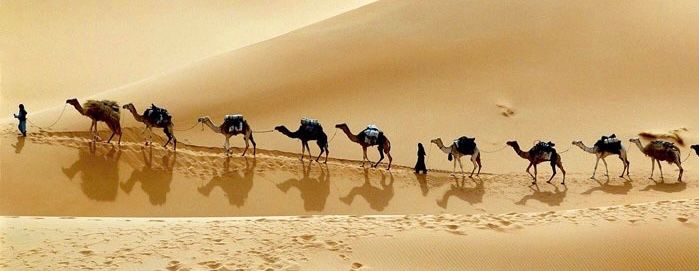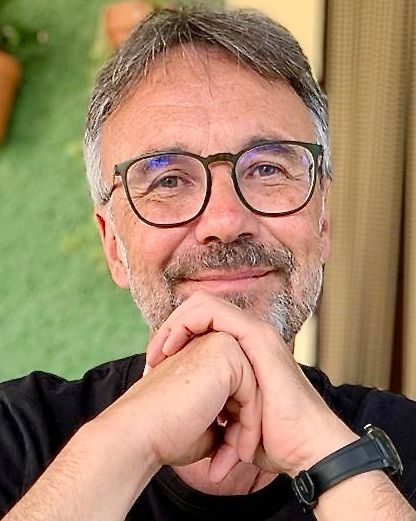City stroll through Sidi Ifni
ተሓቲሙ: 11.02.2023
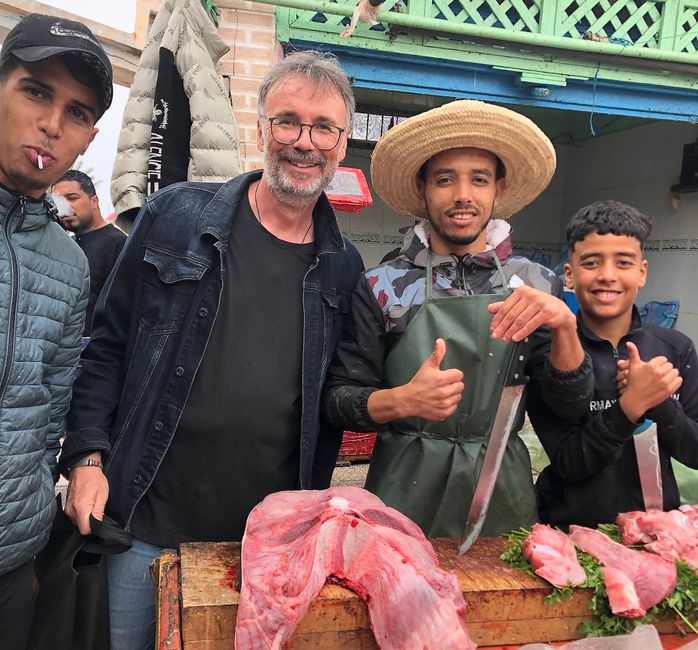
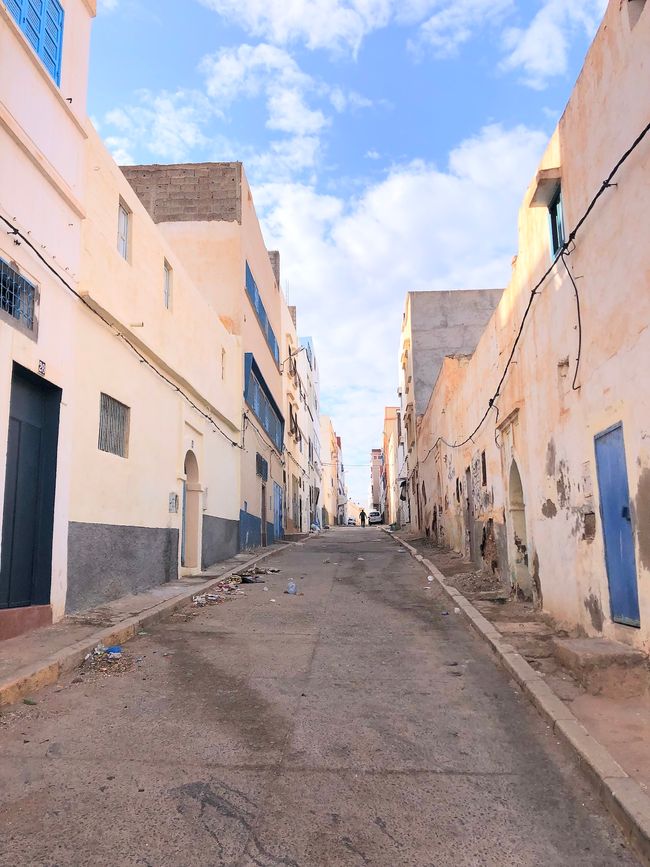
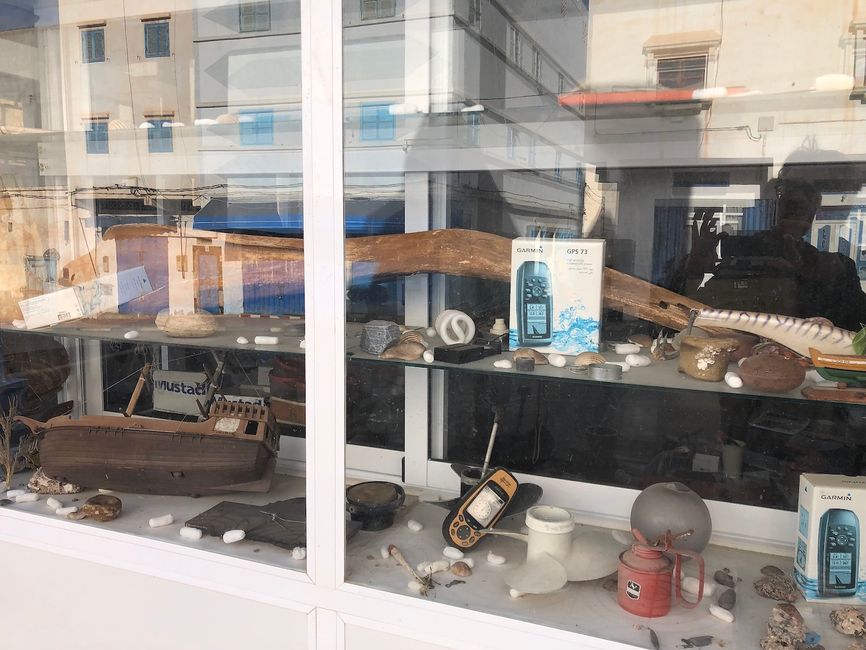
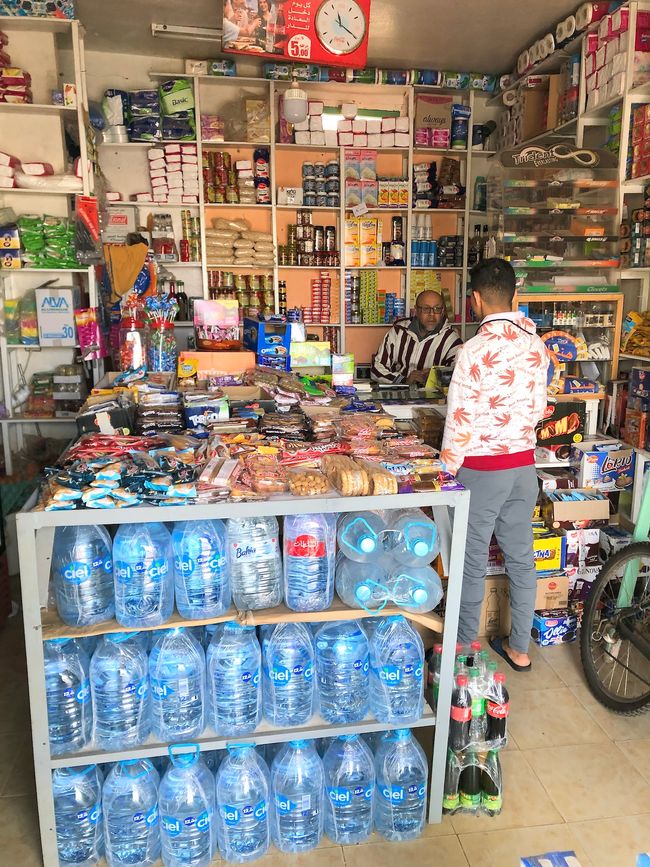
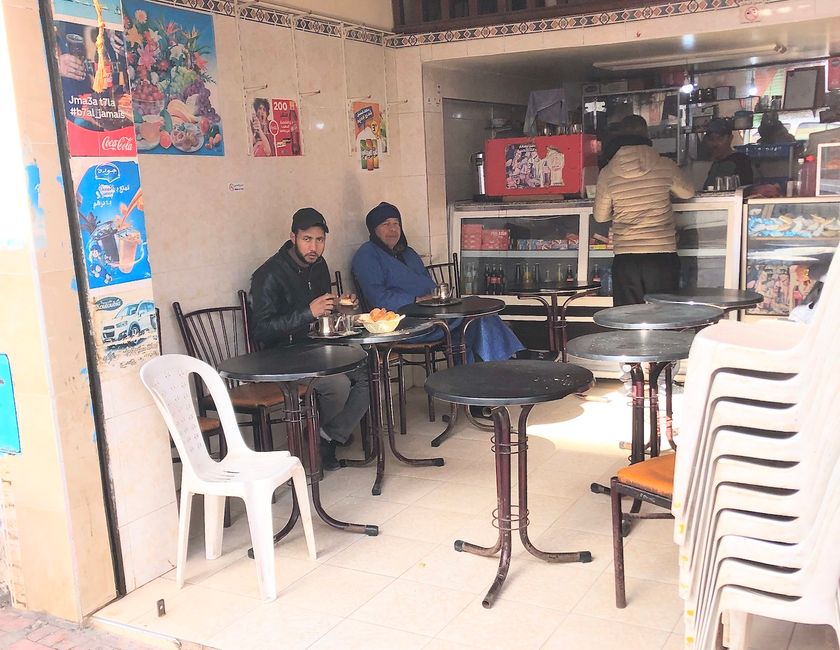
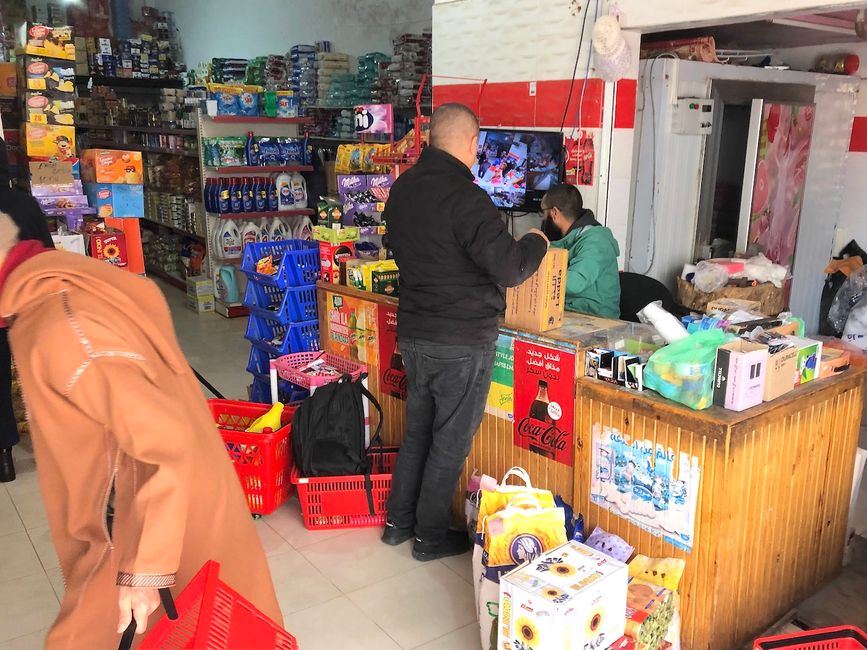
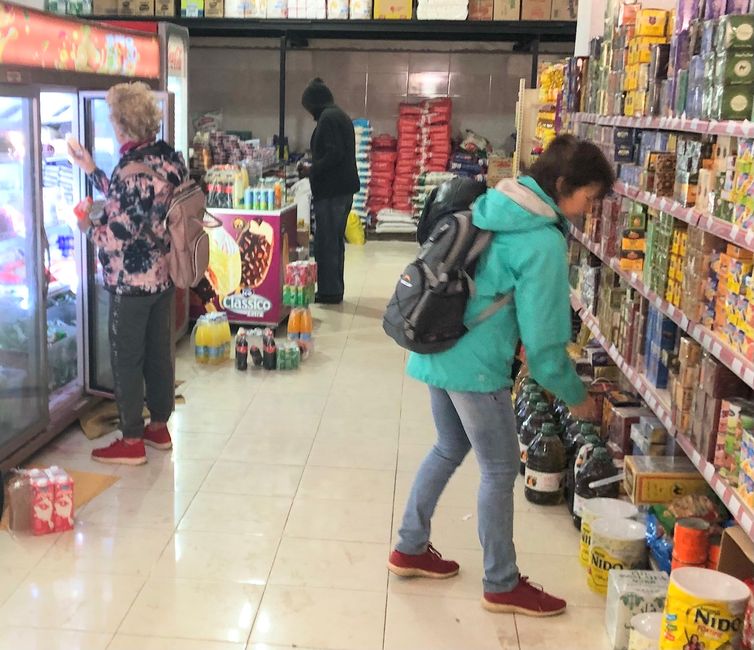
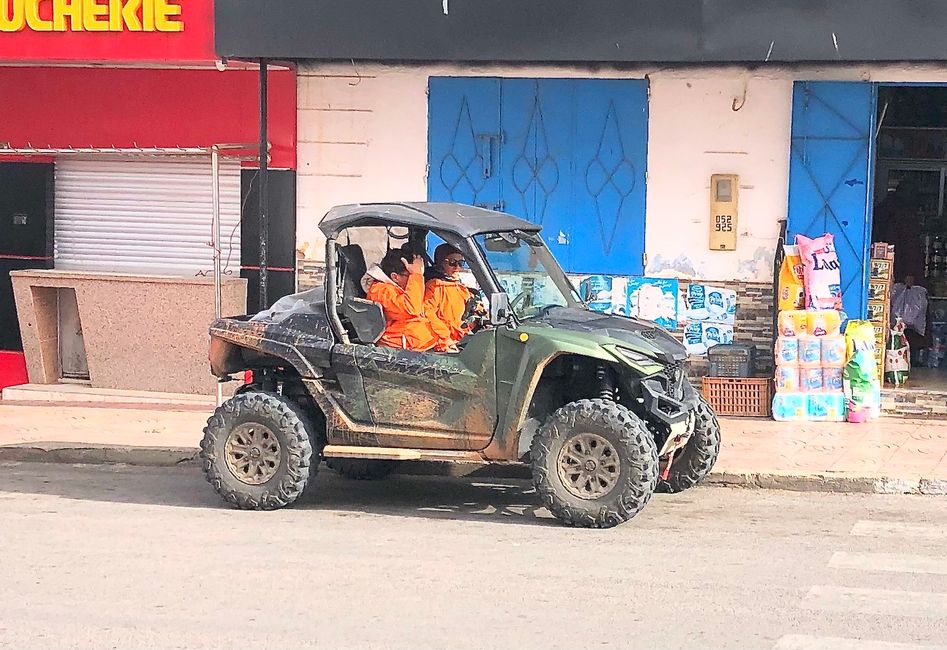
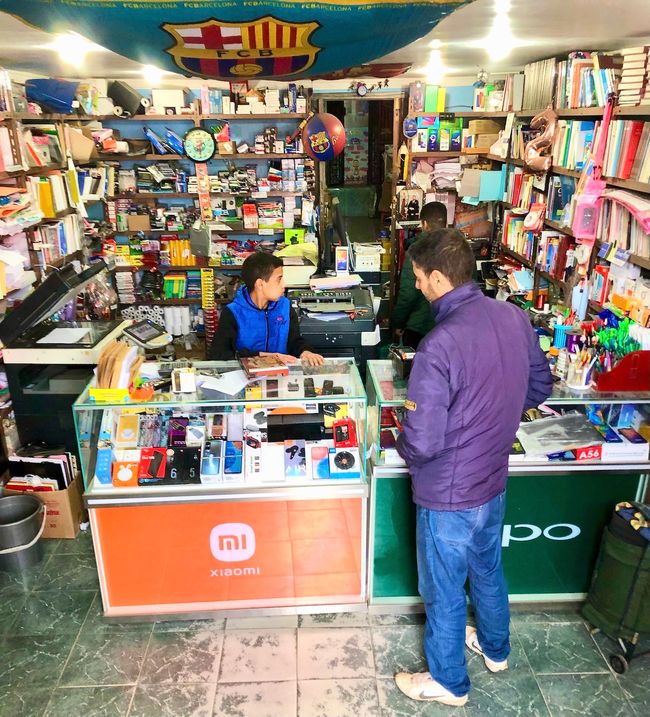
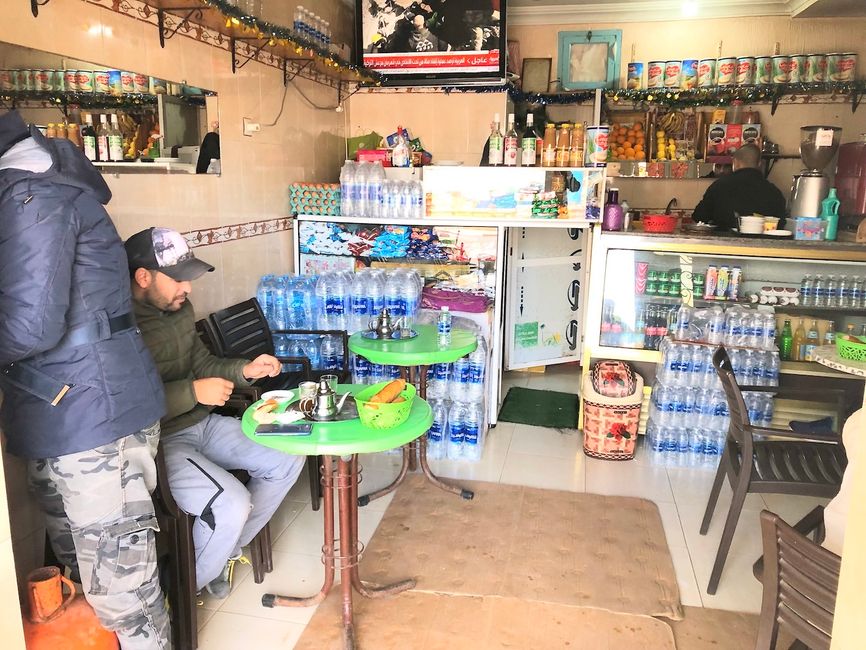
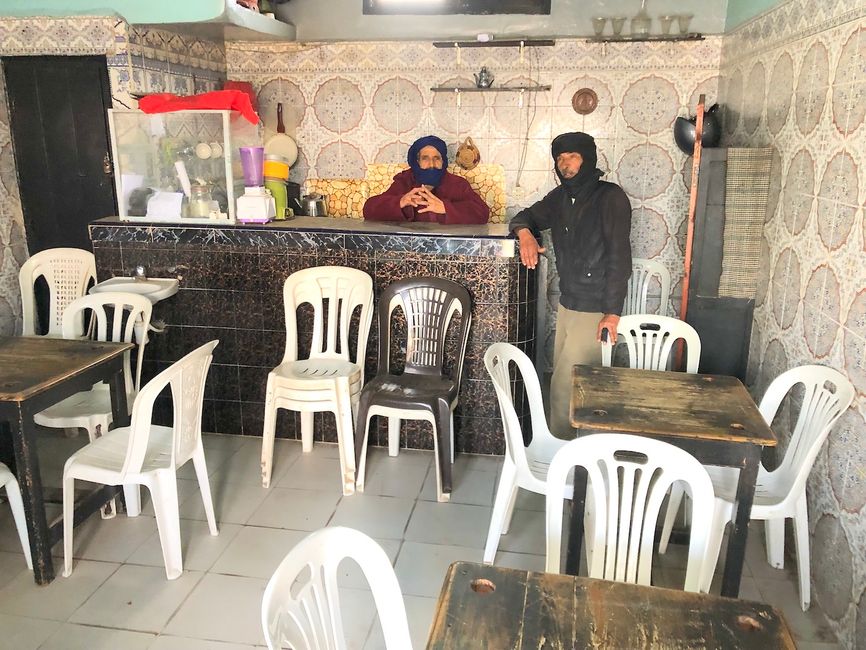
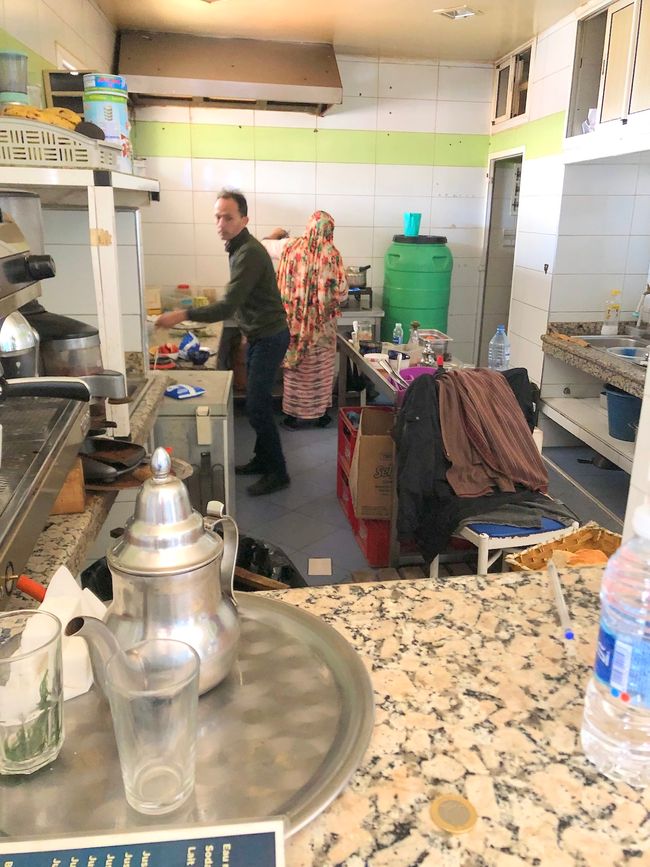
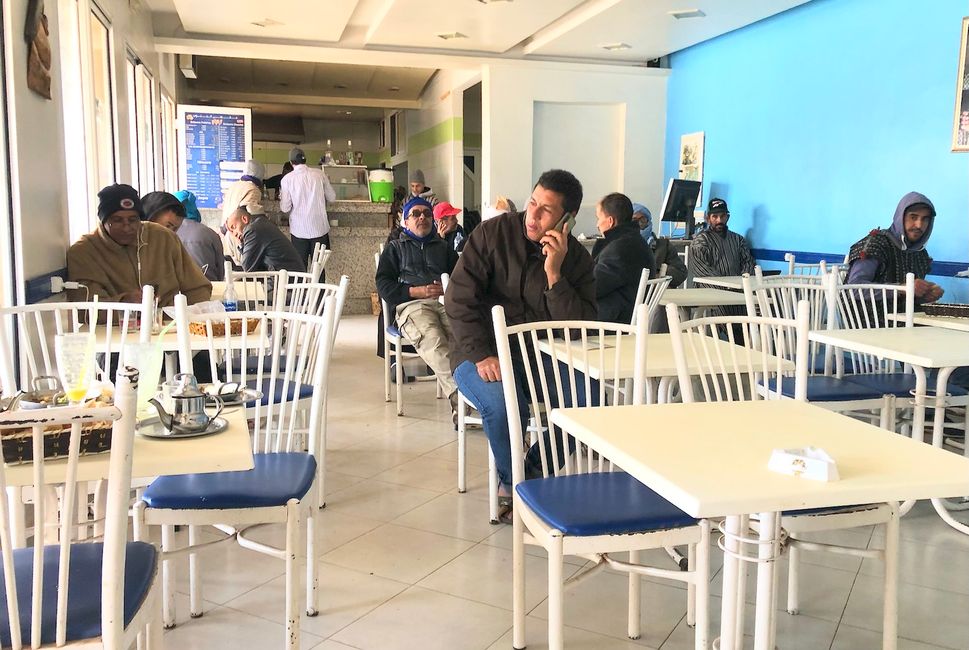
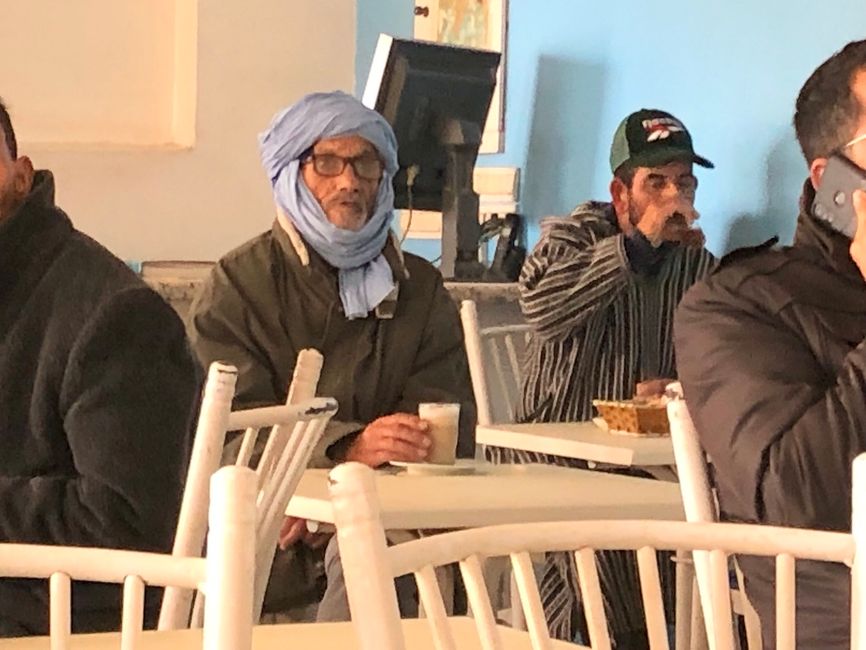
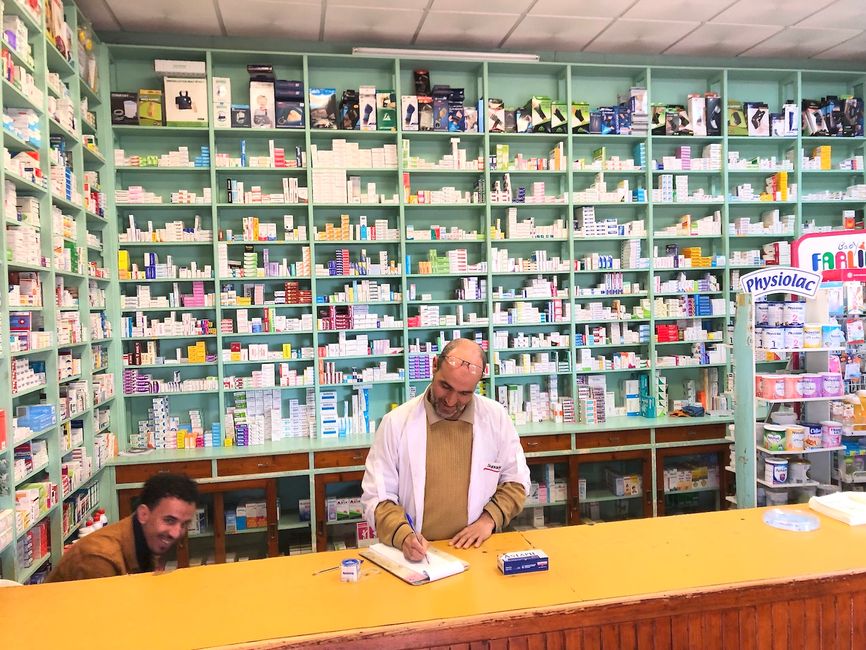
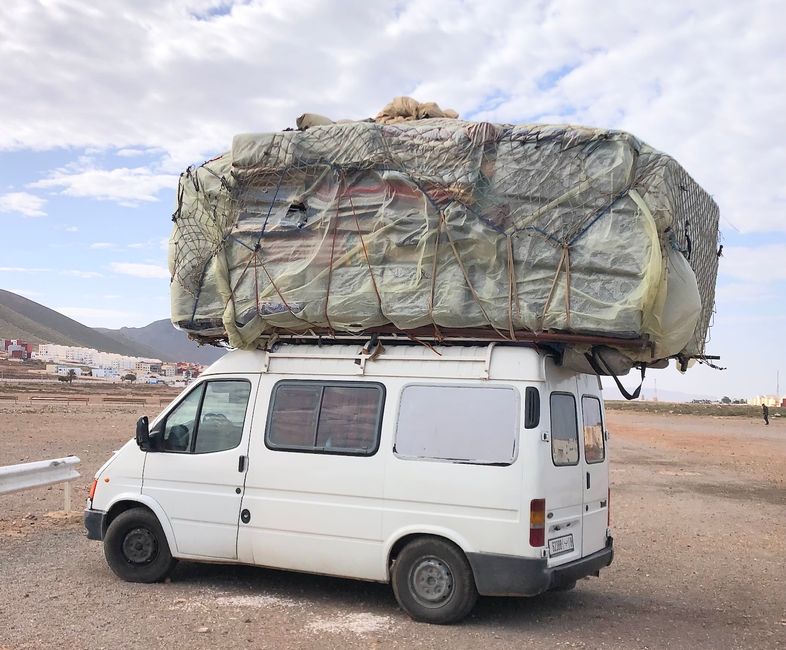
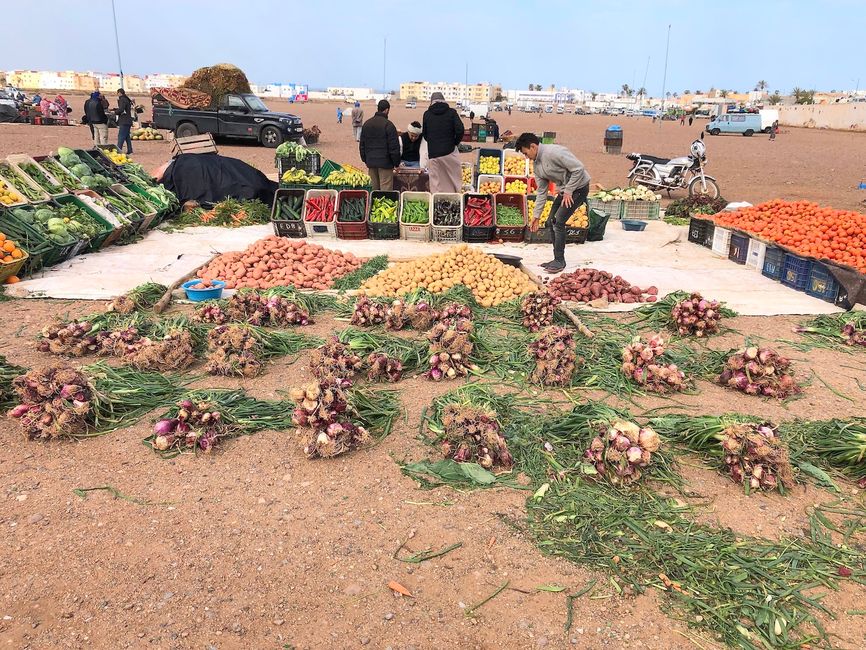
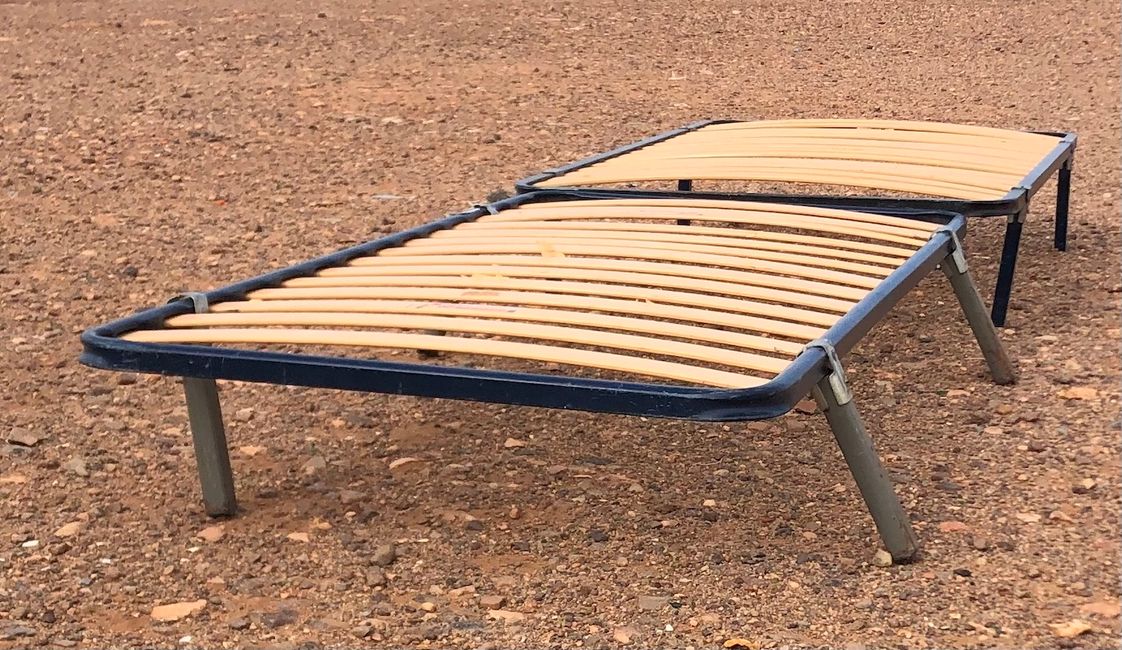
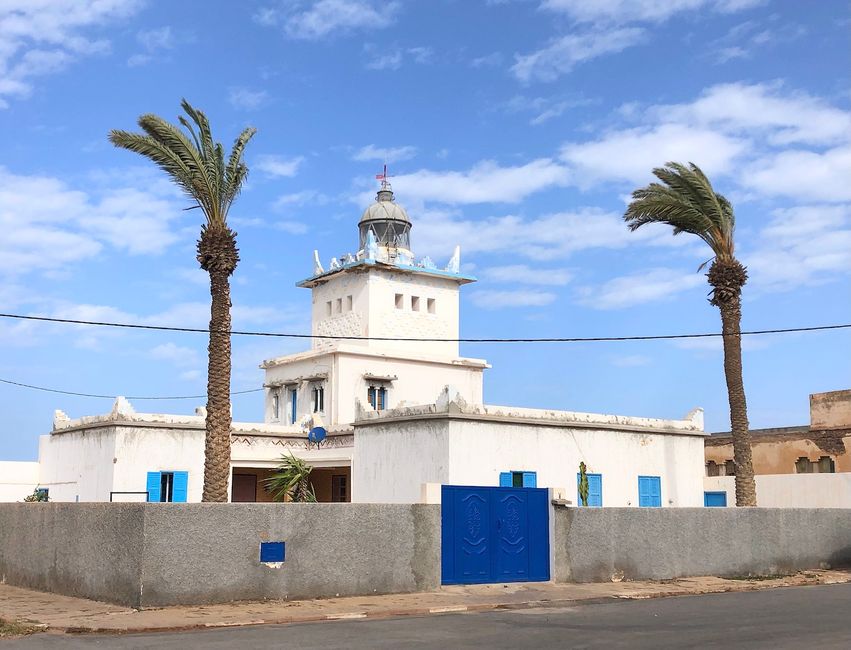
ንዜና ሳብስክራይብ ግበሩ
11.02.23 Sidi Ifni On Saturday morning, we go to the city - that has always been the case. I can still remember when I was a little boy, I was allowed to go to the city with my great-grandmother on Saturdays. And at the end of the shopping tour, I would get a little reward. That was the greatest thing for me! Eventually, it became just a trip to the city, and I had to reward myself, for example, with an espresso at the coffee stand or a fresh bratwurst.
Today, I am in Morocco, on the Atlantic, almost 4,000 kilometers away from home. But Saturdays also exist here, I have to go to the city, and I would like to take you on a little stroll through Sidi Ifni.
It is a special little town, this Sidi Ifni, with its 21,000 inhabitants. There are several reasons for that. The Spaniards ruled here twice for a long time, and their colonial buildings are still preserved in many places. In addition to Arabic, Spanish is spoken here instead of French. The wide streets are lined with palm trees, and there are some small, beautiful parks. The typical Moroccan street vendors are completely missing. Only behind the city, in a huge sand square, a few vegetable sellers can be found. The wind is giving them a hard time today too. They are busy trying to hold on to their things.
With the wind comes the sand, the dust. The Western Sahara extends down to the sea here in Sidi Ifni. Therefore, the landscape is rather barren and rugged, but also more original and wild. Some beaches here are flat, and you can mainly see windsurfers carrying their boards far out into the sea, always looking for a wave to ride. Further north, in Legzira, the waves are already so high that swimming can be dangerous.
For me, a walk through the city is adventure enough. I don't have to worry about finding my way back. Going downhill will eventually lead me to the sea, and there is only left or right ... That can't be that difficult. My first stop should be the supermarket, where I want to buy a jar of orange marmalade - just like yesterday. But this jar is gone. I turned the whole motorhome upside down, but found nothing. Wait! Nothing, that's not true. I found a half-full jar of Spanish Nutella. In the trash. It's a mystery how it got there. I emptied it before it disappeared forever too. In the supermarket, I spotted Irmi and Maria. I wasn't surprised. Wherever there is something to buy, they can't be far away.
Before Maria and Irmi get the idea that I could help them carry their countless shopping bags, I make my way with my jar of marmalade. It's fun to collect photos of the small shops, many of which only open around noon. The cafes have been welcoming their guests for a while. As always, they are exclusively men. I get myself a cappuccino and sit opposite them under a huge, modern flat-screen TV, which most of them are staring at intently. I take a look at what's on TV and am surprised: a goat is being operated on its front hooves. When I leave after about half an hour, the operation is still ongoing.
Some men sit with their coffee or tea, listening to something on their mobile phones with headphones, others take notes in their notebooks or negotiate with business partners. The cafe is a meeting place for men. Age and origin don't matter. What's missing are the women. They are also outnumbered by men when it comes to shopping, no matter what kind of stores. But that will change over the years. There are some young, confident women who no longer wear a veil. And there will be more.
On the way back, it becomes clear to me why the men shop here. I need drinking water. It is only available here in plastic bottles. I buy 12 bottles of 1.5 liters each for the equivalent of 6 euros. When the salesman hands me the two large six-packs over the counter, I know I made a mistake. The kilometer back to the parking lot will be long. But maybe I'll run into Irmi and Maria on the way back ...
ንዜና ሳብስክራይብ ግበሩ
መልሲ
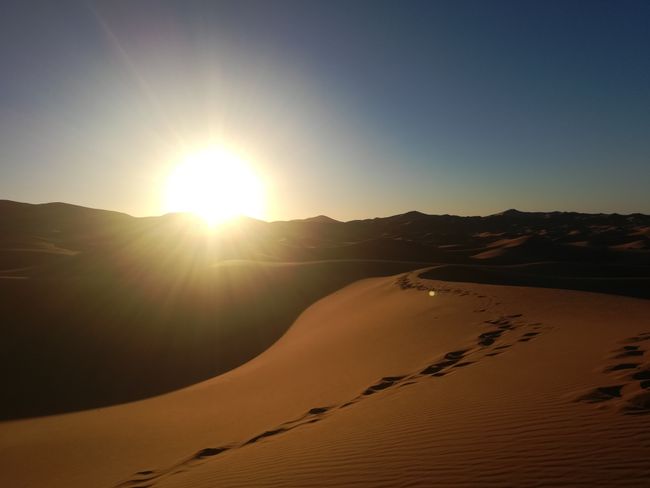
ጸብጻባት ጉዕዞ ሞሮኮ
